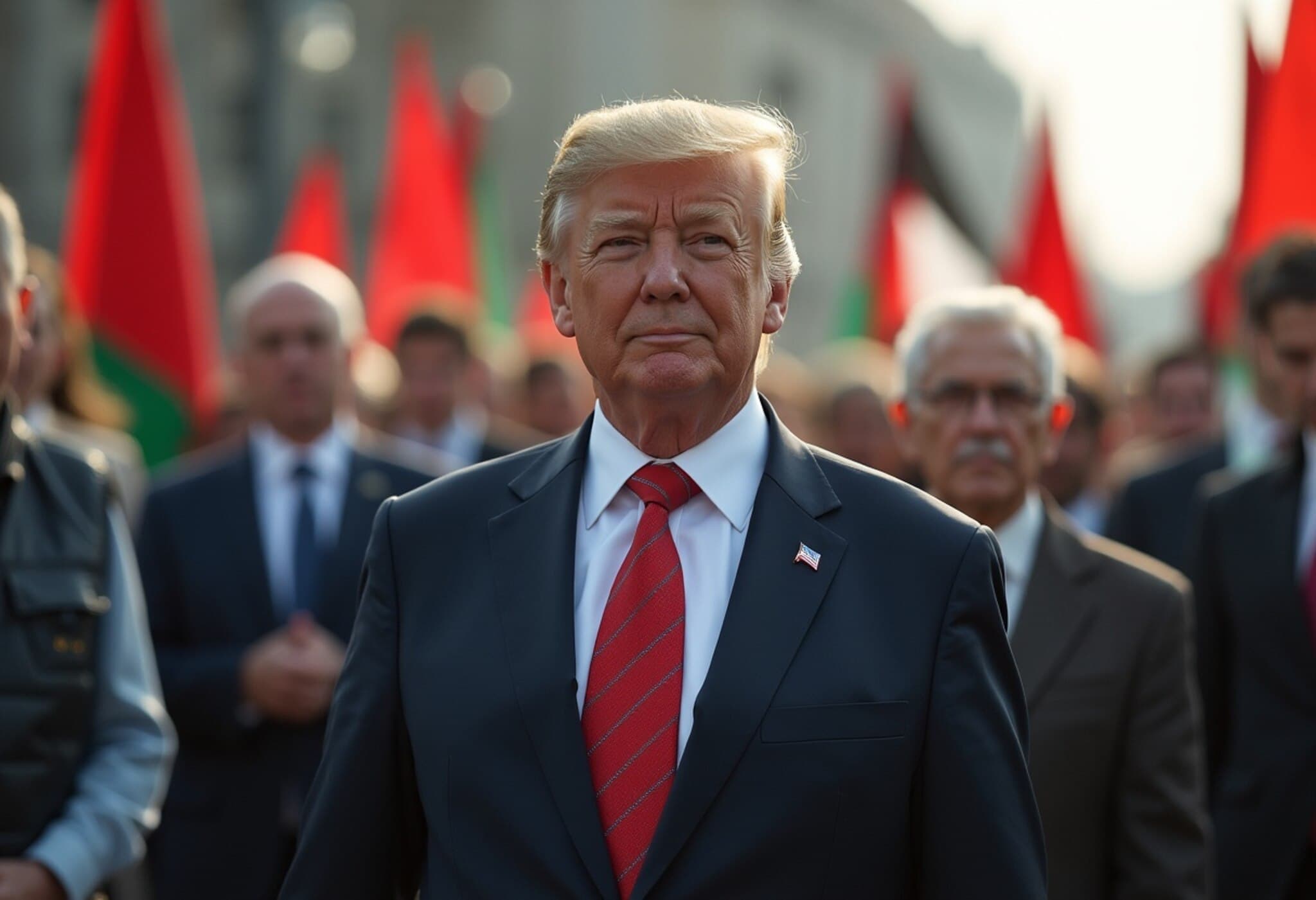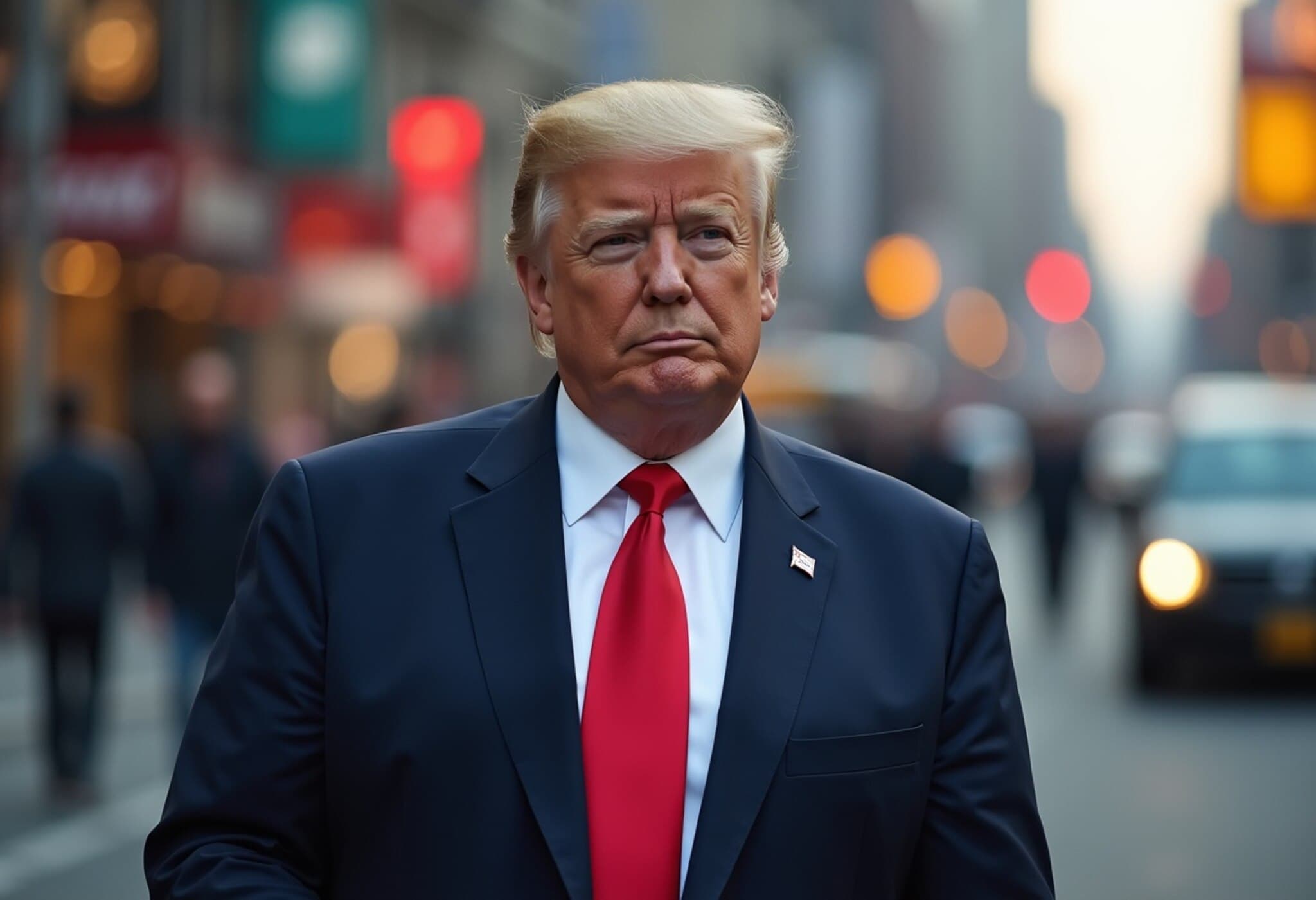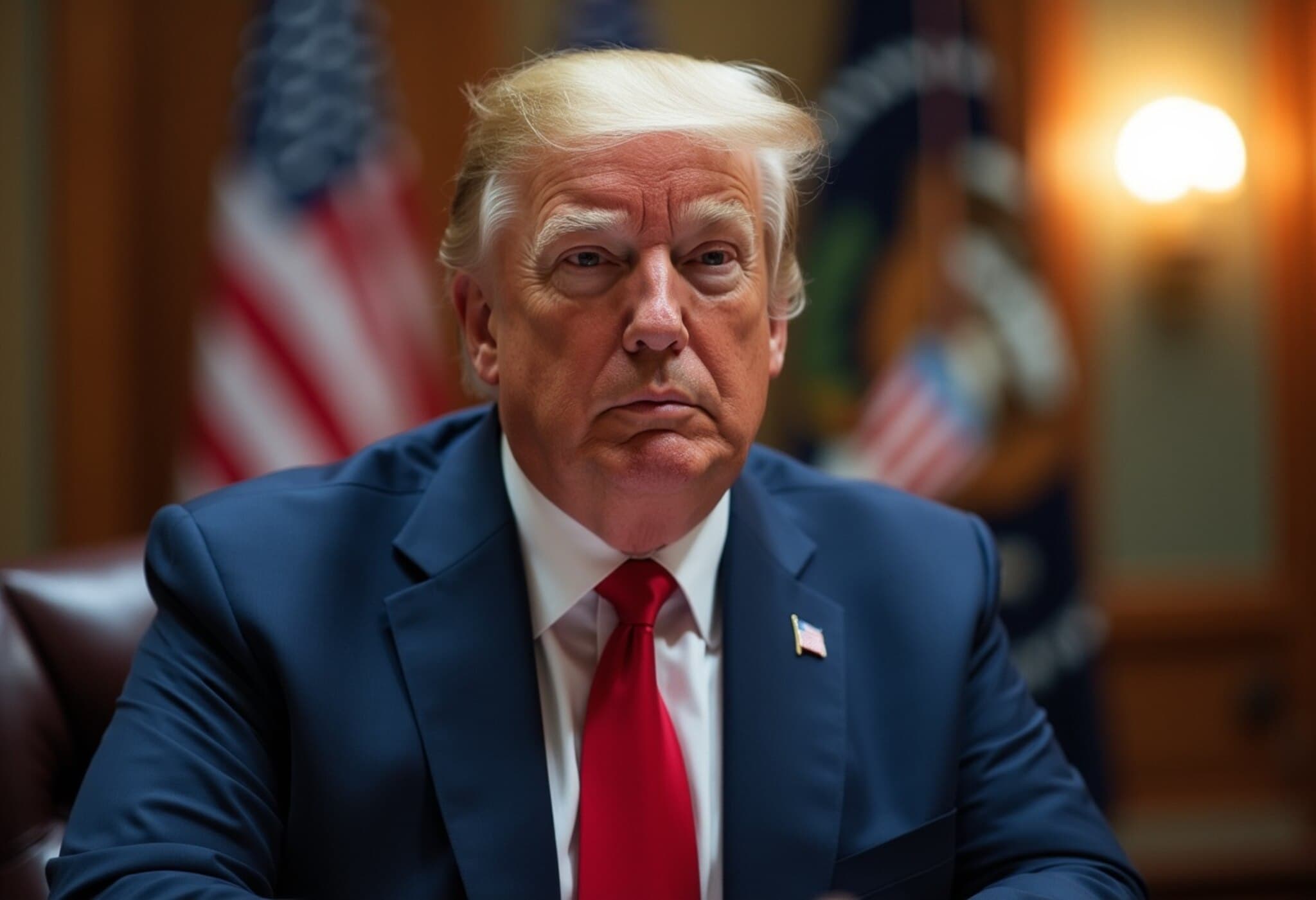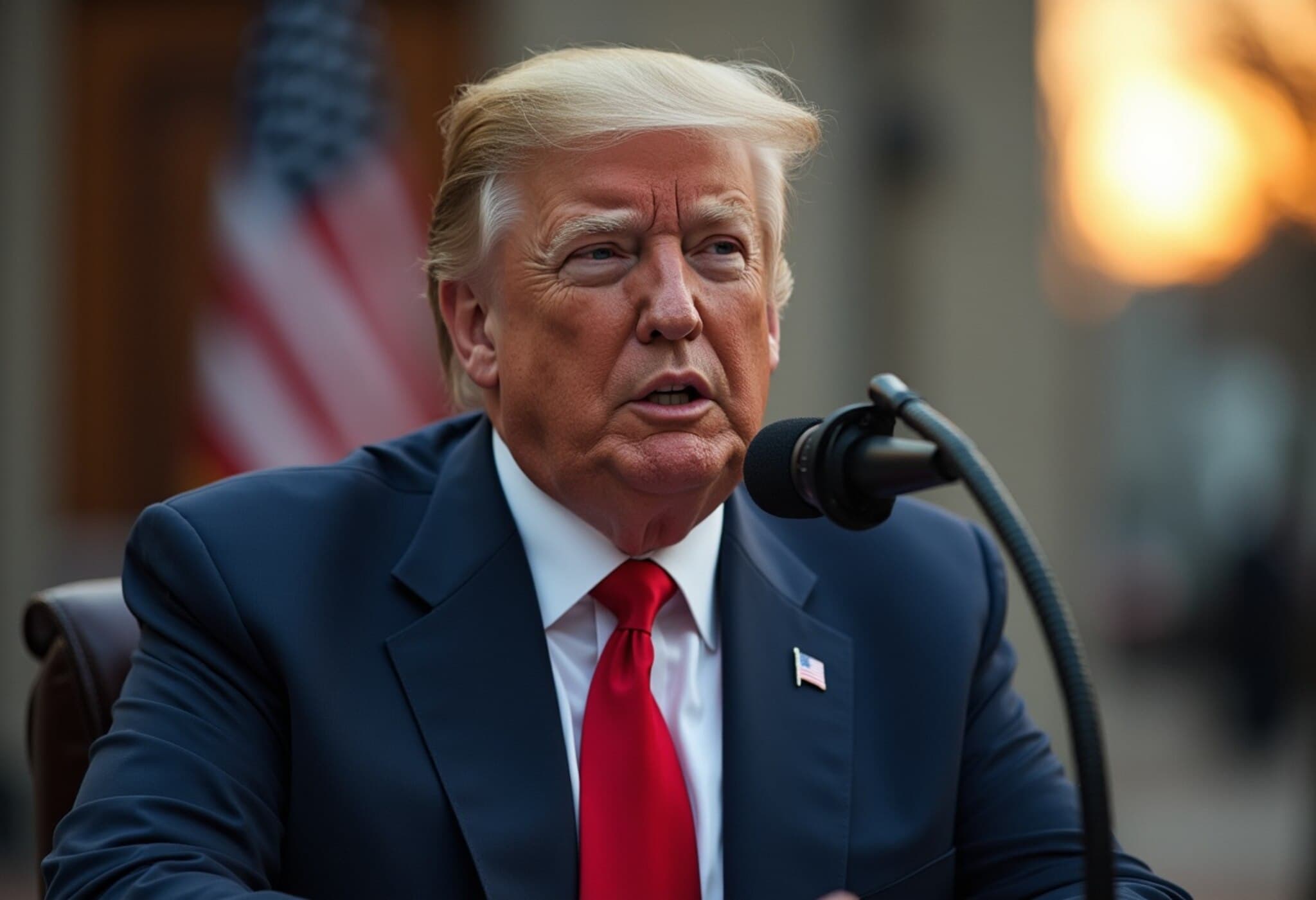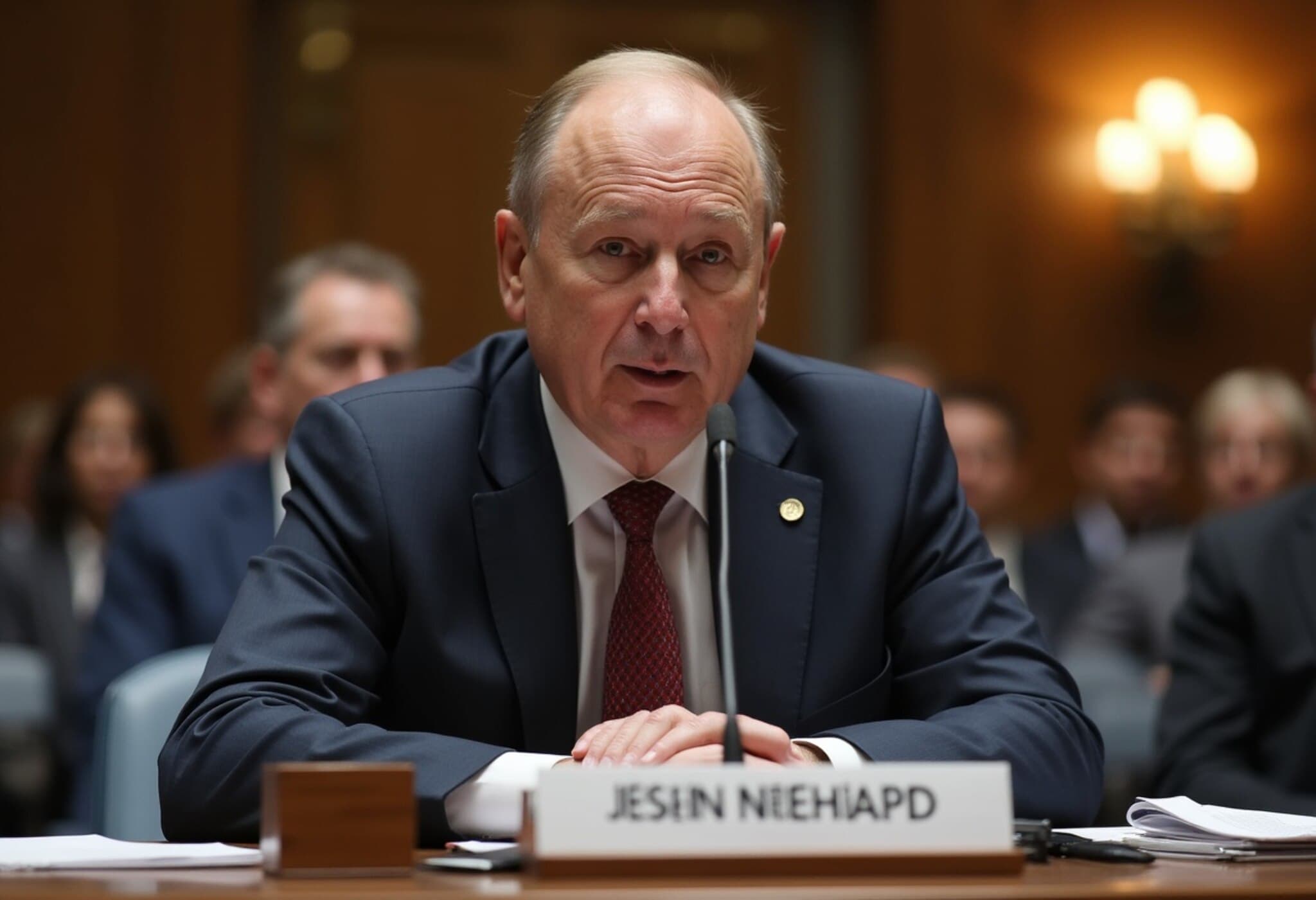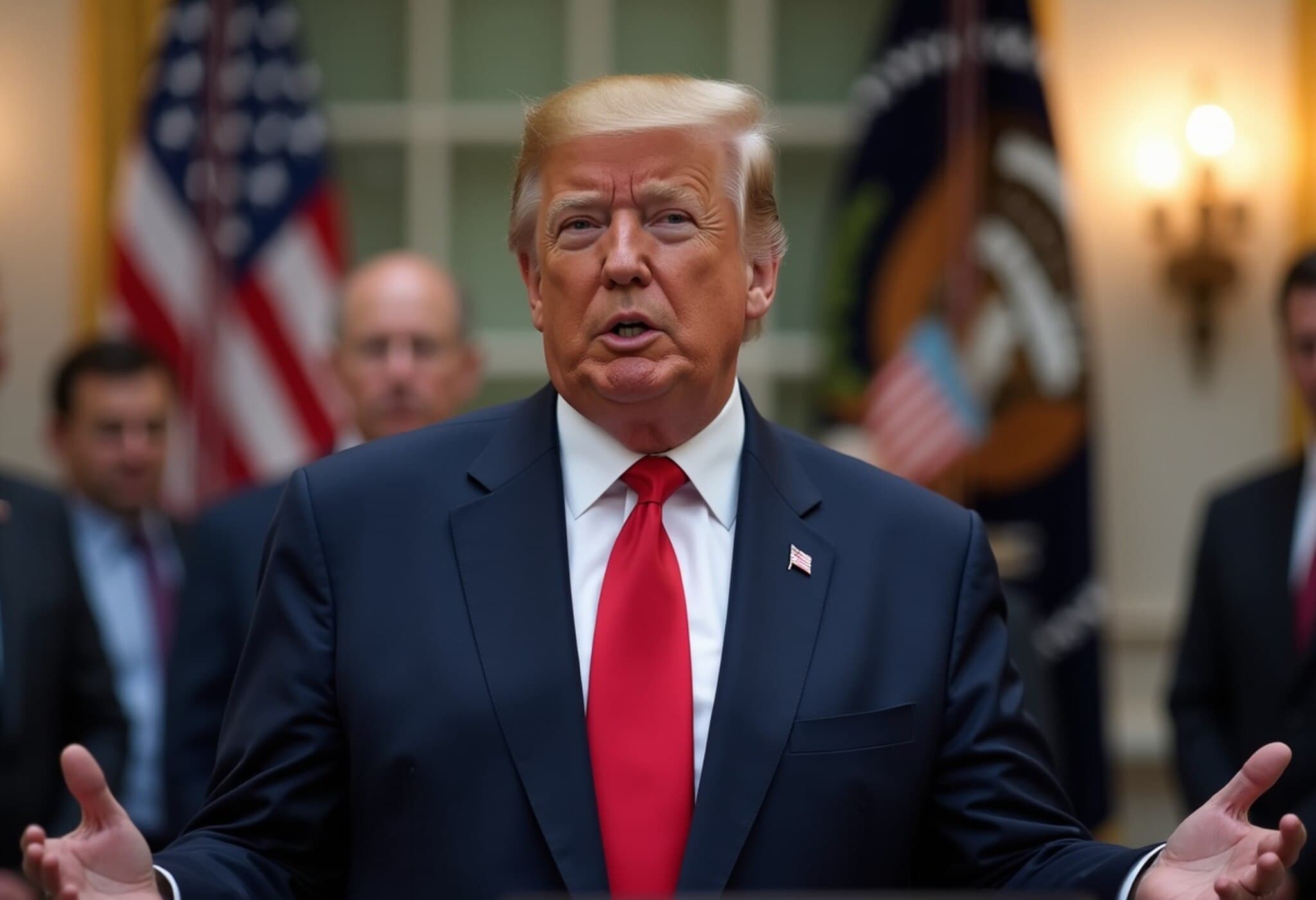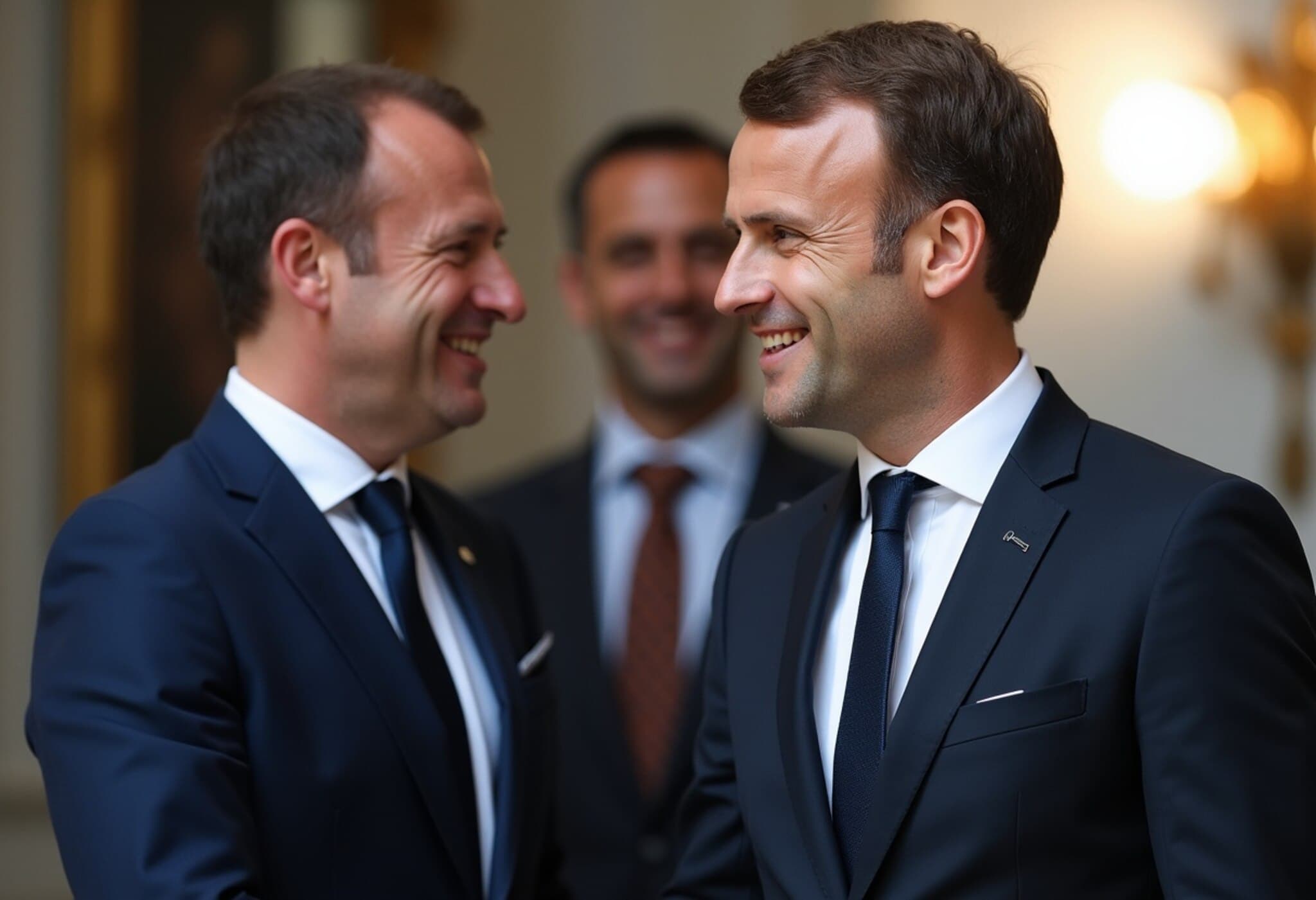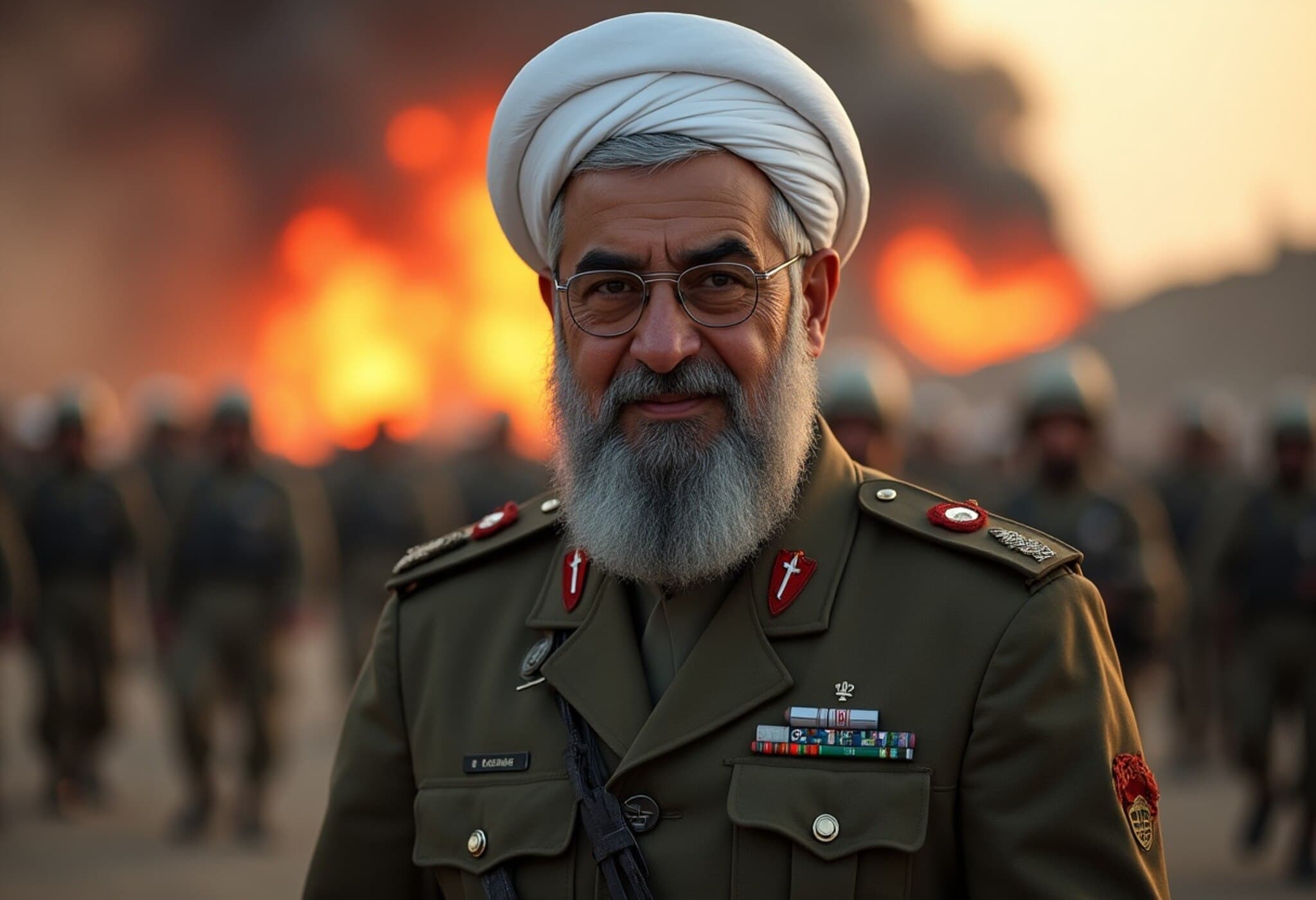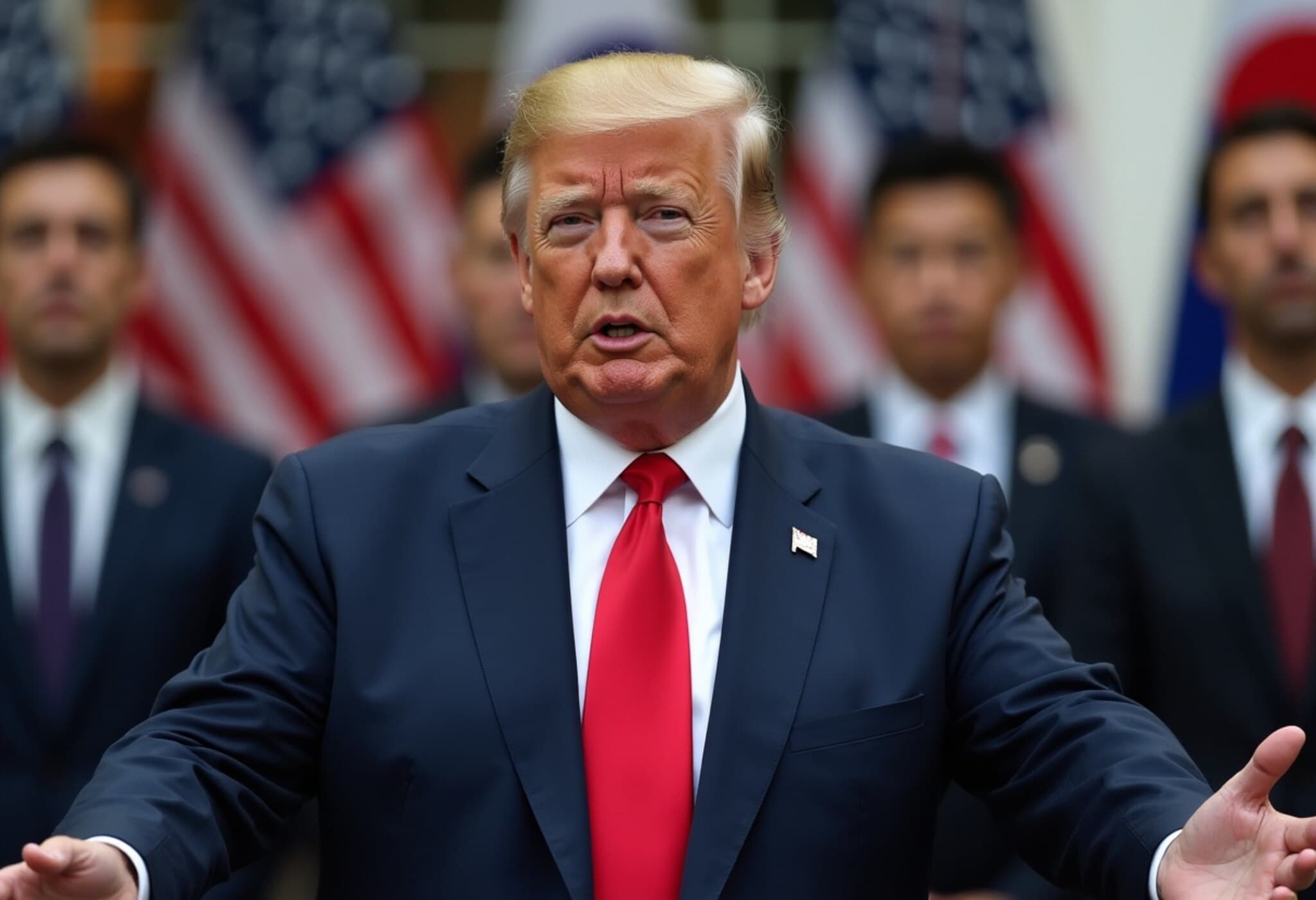Surge in Countries Recognizing Palestinian State Reflects Growing International Momentum
In a remarkable diplomatic development, three additional countries have pledged to recognize a Palestinian state within the span of just one week — a move that underscores the shifting geopolitical dynamics surrounding the Israeli-Palestinian conflict. These nations, all close allies of the United States, signal a potential ripple effect in global politics and U.S. foreign policy considerations.
Current Global Recognition Landscape
Of the 193 United Nations member states, 147 currently recognize Palestine as a sovereign state, while Palestine holds only observer status at the UN. This growing recognition reflects the international community's complex stance on the long-standing territorial and human rights issues at the heart of the Israeli-Palestinian conflict.
Among the recent declarations:
- The United Kingdom stated it would proceed with formal recognition if Israel fails to agree to a cease-fire with Hamas in Gaza by September.
- Canada linked its recognition decision to forthcoming political reforms within the Palestinian Authority.
- Another major ally (sources suggest a European or Latin American nation, reflecting the broader trend) also committed to recognizing Palestine soon.
Regional and International Context
This momentum follows recent European precedents, with countries like Spain, Ireland, and Norway recognizing Palestinian statehood last year. Within the NATO alliance, 14 out of 32 countries already recognize Palestine, reflecting a divide that complicates a unified Western policy approach.
Among the Group of 20 (G20) major economies, 10 recognize Palestine, and with the current commitments from Britain, Canada, and France, that number is set to rise to 13 — highlighting growing support among influential global economic powers.
The United Nations Security Council and U.S. Position
The five permanent Security Council members include Britain, China, France, Russia, and the United States. France and Britain’s moves to recognize Palestine place the United States as the sole permanent Security Council member that does not recognize Palestinian statehood. This isolation is significant considering the U.S.’s usual leadership role in Middle East diplomacy.
Last year, the United States blocked a resolution to grant Palestine full UN membership, despite 12 countries voting in favor and only Britain and Switzerland abstaining. The persistent U.S. opposition underscores the complex balancing act Washington faces between supporting Israel and acknowledging Palestinian sovereignty claims.
Humanitarian and Political Drivers
The escalating war in Gaza, which has resulted in tens of thousands of Palestinian casualties and wrought severe humanitarian crises, has intensified international scrutiny of Israel's military actions. Analysts observe that the surge in recognition is partly driven by global condemnation of the conflict’s toll on civilians and the pressing need for a peaceful resolution.
These developments raise critical questions about the future shape of Middle East peace efforts and whether international recognition might pressure parties toward negotiations or entrench divisions further.
Expert Insights
Dr. Sarah Henderson, a senior analyst specializing in Middle Eastern affairs, notes, “The recent wave of recognition reflects frustrations with stalled peace talks and humanitarian concerns, signaling a shift in diplomatic engagement that could alter U.S. influence in the region. It also places a spotlight on the need for comprehensive political reforms within Palestinian governance structures to strengthen their legitimacy and negotiating position.”
Moreover, from a legal perspective, the expanding recognition of Palestine as a state could affect international law precedents relating to self-determination and state sovereignty, potentially impacting future conflict resolutions worldwide.
What This Means for the Future
- Pressure on Israel: With more allies signaling recognition tied to cease-fire conditions, Israel faces intensified international pressure to reconsider its military strategy and political approach in Gaza.
- Shifting U.S. Role: The U.S. must navigate its unique position as Israel’s closest ally, balancing domestic political considerations with growing calls for a more balanced Middle East policy.
- Palestinian Authority Politics: Canada’s stance highlights the complex relationship between recognition and governance reforms within Palestinian leadership, a critical factor for long-term peace prospects.
- Global Diplomatic Dynamics: Increased recognition by influential economies could reshape UN deliberations and multilateral efforts toward peace and humanitarian support.
Editor’s Note
This surge in Palestinian state recognition highlights a significant pivot point in international diplomacy. While largely driven by humanitarian concerns and frustration over ongoing conflict, it also reflects deeper questions about sovereignty, legitimacy, and the global balance of power. As more countries shift their stance, the United States finds itself increasingly isolated among global powers on this issue—raising essential questions about the future of U.S. leadership in the Middle East and the prospects for a lasting peace.
Readers are encouraged to reflect on how international recognition influences peace negotiations beyond symbolic gestures and what role global governance structures should play in moderating such protracted conflicts.
Sources: United Nations, The New York Times, expert interviews

